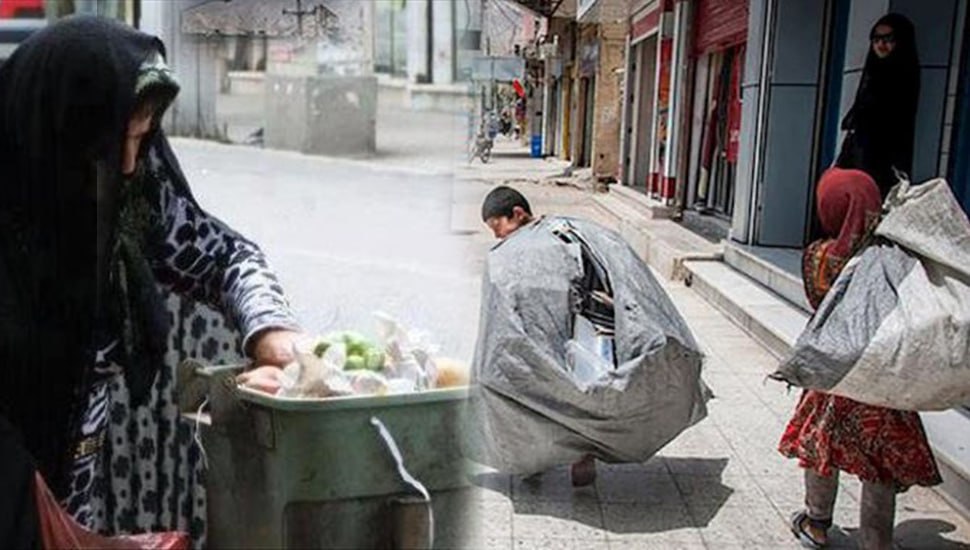
The Iranian Statistics Center recently reported a relative improvement in economic conditions from April to May, with a decreasing inflation rate. However, this report has been widely criticized as unrealistic, even by government-affiliated publications. Here are some notable reactions from experts and government insiders:
Economic Today: The publication criticized the Iranian Statistics Center for claiming a 1% drop in inflation, pointing out that global institutions like the World Bank and IMF rank Iran among the lowest economically.
Labor and Worker: Highlighted the disparity between the reported poverty line (20 to 25 million Tomans) and the maximum earnings of workers and retirees (up to 12 million Tomans), questioning how these individuals can survive under such conditions.
Etemad: Noted a decline in production and sales, with the production index of major stock companies dropping by 13.6% and sales falling by nearly 34% from the end of the previous year.
Hamdeli: Reported that average red meat consumption has dropped so significantly that it is effectively out of most people’s diets.
Abrar: Called the report unrealistic, stating that there is no clear path to reducing inflation in Iran’s economy.
Donya-e-Eqtesad: Discussed the simultaneous increase in household food expenses, a reduction in total household food consumption (calories), and a decrease in the quality of calories consumed.
Given these critiques, the Iranian government’s data on poverty and economic conditions are viewed with skepticism. The regime often manipulates statistics, including those related to natural disaster casualties, making it difficult to trust their economic reports. Former President Ebrahim Raisi had promised to eradicate poverty within a year, yet during his tenure, Iranians experienced one of the toughest economic years under the Islamic regime.
The root cause of poverty in Iran lies in the regime’s overall policies. These include involvement in regional crises, spending billions annually on such endeavors, pursuing nuclear and missile projects, and funneling money into religious institutions—all amidst entrenched financial corruption. These actions have squandered trillions of dollars, leaving over 70% of the population living well below the poverty line. Consequently, social issues like prostitution, drug addiction, scavenging, child homelessness, child labor, and suicide have surged.
The combination of authoritarianism, inflation, high unemployment, hunger, poverty, and deepening social inequality has brought the public to a breaking point. Despite 45 years of hardship, the working class and the oppressed continue to fight for better living conditions. Under current circumstances, there is no choice but for the people to intensify their struggle against the exploitative and oppressive Islamic regime. The ongoing daily protests by workers, teachers, retirees, and others signify both the regime’s failure to improve economic conditions and the immense explosive potential within society.
People increasingly realize that the path to liberation from these dire conditions involves expanding protests, taking to the streets, striking in factories and industrial facilities, and preparing for the revolutionary overthrow of the regime.

